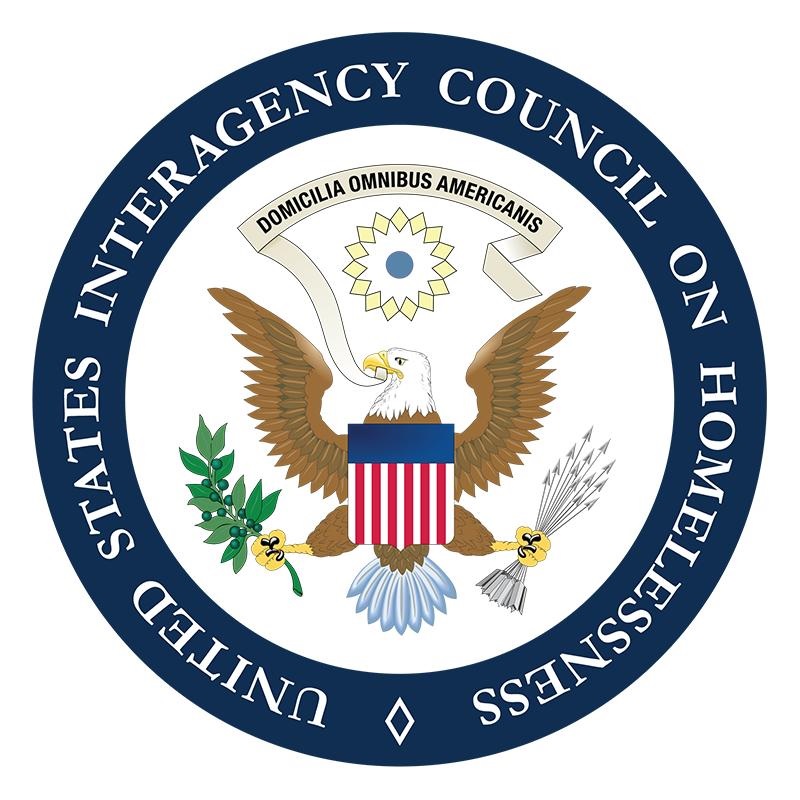|
Getting your Trinity Audio player ready...
|
In a move aimed at assisting local governments grappling with the complex issue of homeless encampments, the United States Interagency Council on Homelessness (USICH) has released a comprehensive guide offering strategies and best practices. The guide, titled
Encampments and How Communities Can Make Progress in Addressing This Emerging Trend
provides a framework for effective management and resolution of encampments while prioritizing the well-being and dignity of individuals experiencing homelessness.
The release of the guide comes at a pivotal time when many cities across the nation are facing challenges related to the proliferation of encampments, which often raise concerns about public health, safety, and economic impacts.

The USICH, a federal agency tasked with coordinating the national response to homelessness, recognized the need for a standardized approach to address this complex issue.
Collaborative Approach and Guiding Principles
The guide emphasizes a collaborative and coordinated approach involving various stakeholders, including local governments, service providers, law enforcement, and the homeless community itself. It outlines seven guiding principles that should underpin any strategy to address encampments, such as
promoting human dignity and respect for the rights of all individuals
and
prioritizing the provision of low-barrier pathways to permanent housing solutions.
Jeff Olivet, Executive Director of USICH, stated,
Encampments are not a solution to homelessness, but they are a visible manifestation of the challenges communities face in ensuring access to safe, stable, and affordable housing for all.
He stressed the importance of adopting a compassionate and humane approach that prioritizes the well-being of individuals while addressing the broader systemic issues contributing to homelessness.
Key Strategies and Best Practices
The guide offers a range of strategies and best practices for local leaders to consider when addressing encampments.
These include:
- Conducting comprehensive outreach and engagement: Building trust and understanding the unique needs of individuals residing in encampments is crucial for effective intervention.
- Providing low-barrier emergency shelter options: Offering accessible and low-barrier emergency shelter options can serve as a transitional step towards permanent housing solutions.
- Expanding affordable and supportive housing opportunities: Addressing the root causes of homelessness by increasing the availability of affordable and supportive housing is a critical long-term solution.
- Collaborating with service providers and community partners: Leveraging the expertise and resources of various stakeholders, including healthcare providers, social services, and community organizations, can enhance the effectiveness of encampment interventions.
- Implementing data-driven decision-making: Utilizing data and evidence-based practices to inform strategies and measure progress is essential for effective policy implementation.
The guide also highlights successful case studies and lessons learned from communities that have implemented innovative and humane approaches to addressing encampments.
Addressing Systemic Issues and Promoting Human Dignity
While acknowledging the challenges posed by encampments, the USICH emphasizes the importance of addressing the root causes of homelessness, such as poverty, lack of affordable housing, and insufficient support systems. Olivet emphasized,
Encampments are a symptom of a larger problem, and we must address the systemic issues that contribute to homelessness while ensuring that the dignity and rights of all individuals are protected.
The release of the USICH guide reflects the growing recognition of the need for a comprehensive and compassionate approach to addressing homelessness and encampments. By providing a framework for local leaders and stakeholders, the guide aims to promote effective strategies that prioritize the well-being of individuals while working towards long-term solutions to end homelessness.
For More News Update Visit California News



